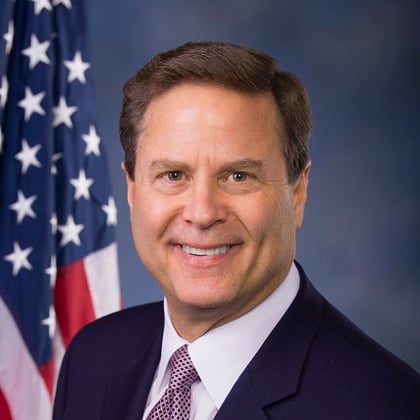What You Need to Know
- Donald Norcross, a Democrat, and Tim Walberg, a Republican, introduced H.R. 3942.
- They also introduced versions of the Lifetime Income For Employees Act in the 116th Congress and the 117th Congress.
- The bill would open the retirement plan default investment list to annuities by easing the current QDIA asset liquidity rules.
A new bill could help annuities compete harder for retirement plan default investment option slots.
Rep. Donald Norcross, D-N.J., and Rep. Tim Walberg, R-Mich., introduced H.R. 3942, the latest version of the Lifetime Income For Employees (LIFE) Act bill, Friday.
H.R. 3942 would make the retirement plan “qualified defined investment alternative” role a better fit for annuities by easing asset access rules that now limit the use of annuities as QDIAs.
What It Means
If the bill becomes law, you would have an easier time offering annuity-based QDIAs to retirement plan services clients.
More individual clients who snoozed through their employers’ retirement plan meetings could come to you with annuities in their retirement plan accounts.
QDIAs
A qualified default investment alternative (QDIA) is an investment that a 401(k) plan or other defined contribution retirement plan uses to hold the assets of plan participants who fail to tell the plan administrators where they want the administrators to put their money.
The Pension Protection Act of 2006 created the framework for the QDIA program.
The Employee Benefits Security Administration, an arm of the U.S. Department of Labor, is in charge of developing and enforcing QDIA regulations and procedures.
In the past, EBSA officials have decided that a QDIA used for more than about three months should be relatively safe but provide an opportunity for asset growth.
Many employers have used target-date funds or balanced funds as their QDIAs.








 June 12, 2023 at 01:48 PM
June 12, 2023 at 01:48 PM












 Copyright © 2024 ALM Global, LLC. All Rights Reserved.
Copyright © 2024 ALM Global, LLC. All Rights Reserved.